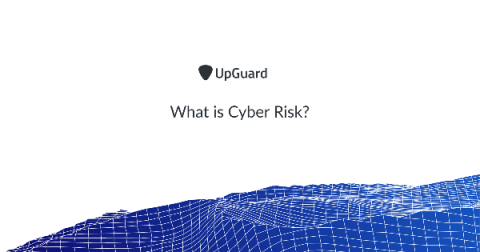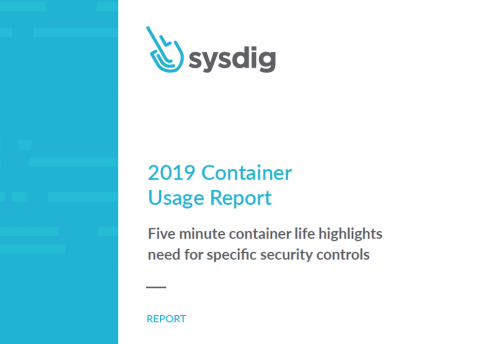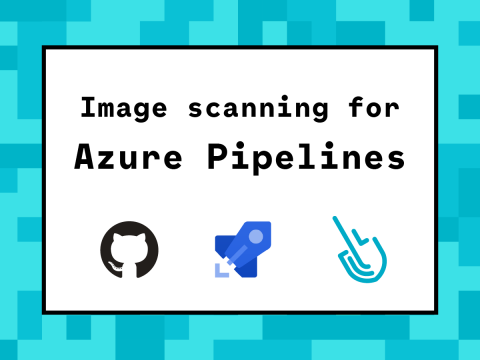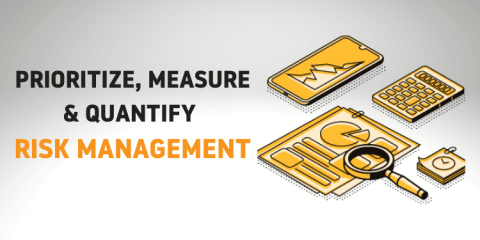Multi-cluster security with Falco and AWS Firelens on EKS & ECS
In this blog post, we are going to teach you how to aggregate all Kubernetes security events across your AWS container services. We’ll be using AWS FireLens to route Falco notifications, centralizing all the security events, such as AWS CloudWatch, in one service.









